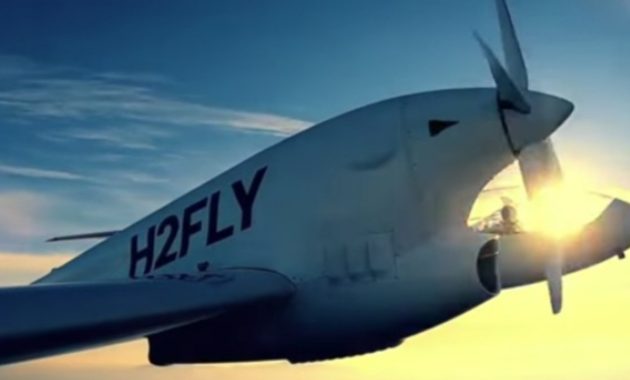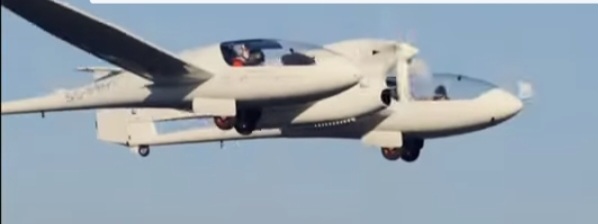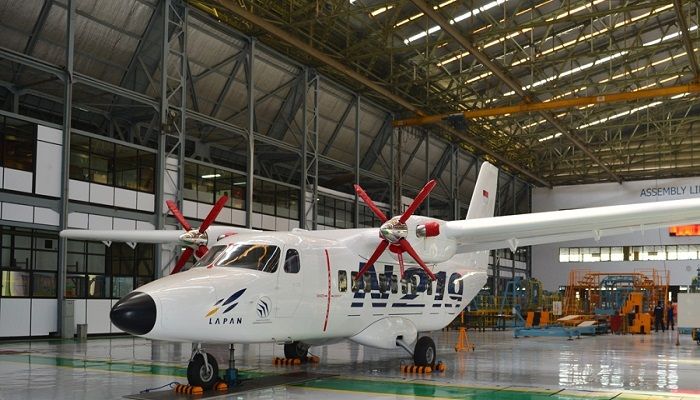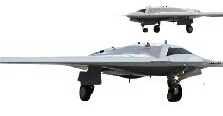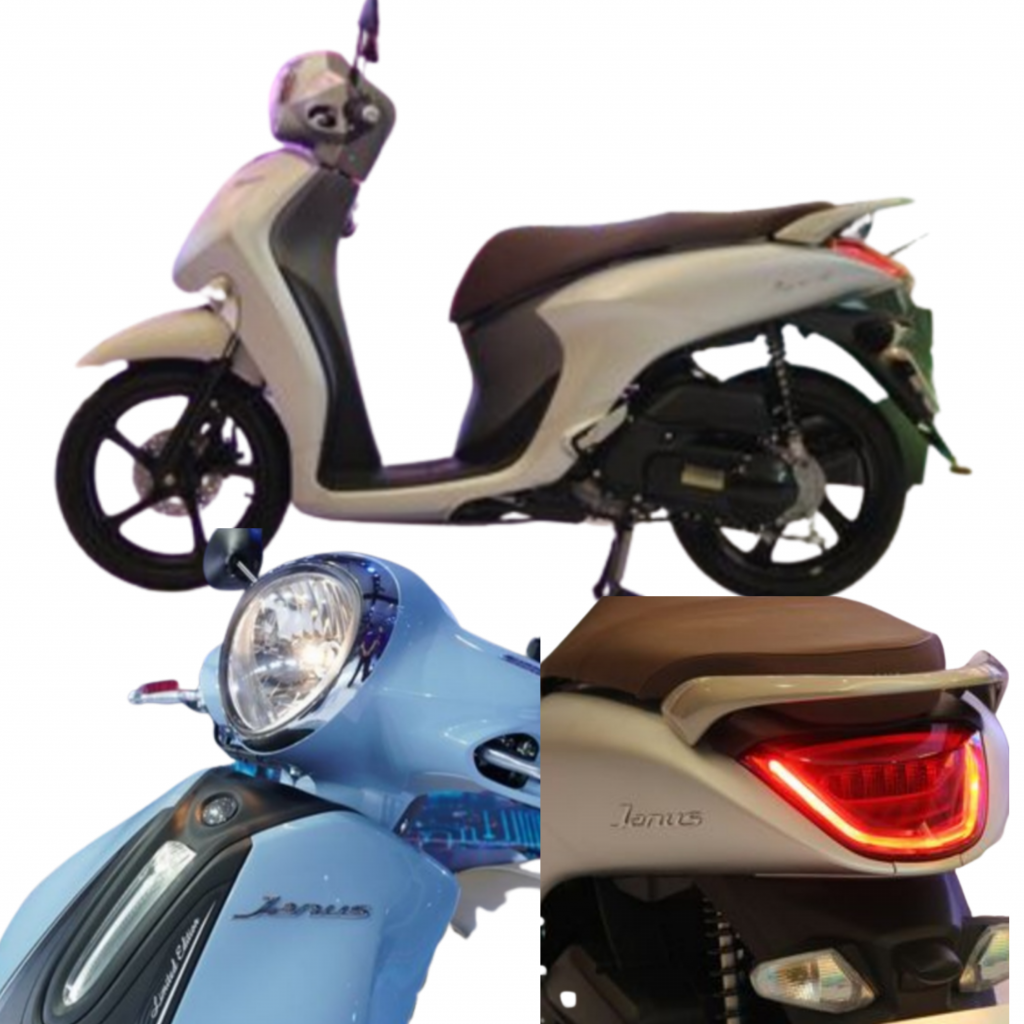WorldTekhno.com – The liquid hydrogen-powered aircraft successfully took off from Maribor Airport, Slovenia. The success of this new breakthrough is expected to be a game-changer for the aviation industry in the future. German startup H2FLY has managed to play an important role in the world of aviation.
This was the first manned flight of the four-seater aircraft. Their achievement is said to be an important moment in the world of aviation.
The plane, known as HY4, took off from Slovenia on four low-altitude test flights carrying hydrogen fuel tanks manufactured by French company Air Liquide.
German operator H2Fly believes the four-seater can fly about 1,500 kilometres, a short-haul flight equivalent to the distance from London to Rome. One of the test flights lasted three hours.
The HY4 aircraft was in the air with two pilots for 3 hours and 1 minute and consumed 10 kg of liquid hydrogen. If you use the aircraft’s full storage capacity of 24 kg, the plane can stay in the air for 8 hours. “It feels really extraordinary, perfect teamwork has come true,” said one of the pilots, Johannes Garbino-Anton, after the flight, quoted by ThenextWeb, on Saturday (9/9/2023).
The advantages of liquid hydrogen aircraft over aircraft powered by aviation fuel are that hydrogen aircraft have minimal vibration and noise, as well as a lack of carbon dioxide emissions normally emitted by aircraft powered by aviation fuel.
The HY4 hydrogen aircraft has carried out eight flight test campaigns by H2FLY since 2016, but the breakthrough this time is to operate the aircraft using liquid hydrogen, not hydrogen in gaseous form.
The H2FLY propulsion system consists of hydrogen storage, a 120 kW fuel cell power converter and an electric motor.
Liquid hydrogen is more energy dense than gas. This means that a much lower weight and tank volume are required. In the world of air transport, especially when modernising aircraft, this equates to not having to waste as many passenger seats or reduce cargo space for cargo.
The HY4 test aircraft has covered a distance of 750 km using hydrogen gas and 1,500 km using liquid hydrogen, or twice the distance. However, the challenge is that liquid hydrogen requires cryogenic temperatures (around -253°C), which complicates transportation and refuelling.
The HY4 aircraft, which is made of glass fibre and carbon fibre, will not be produced commercially. The next step for H2FLY is to upgrade the fuel cell system to megawatt capacity. The H2F-175 system will not only unlock a longer range, but also altitudes of up to 27,000 feet.
In partnership with Deutsche Aircraft, the two parties intend to retrofit the 30-seat Dornier 328 demonstrator with the H2FLY hydrogen electric fuel cell and begin flight testing in 2025.
H2FLY co-founder and CEO Dr Josef Kallo estimates that the upgraded system will be able to power a 40-seat regional aircraft with a range of around 2,000 km. “As an engineer, I can say that a 40-seat hydrogen-powered aircraft is a question of money and time. After that it became a visionary,” says Kallo.
However, he also added that tests so far show that it is possible to increase the powertrain to 4MW + 4MW, so that it can power larger aircraft seating 80 to 100 passengers.
Liquid hydrogen has the potential to be a game-changer for commercial aviation. Another thing that future hydrogen-powered flights will need, in addition to fuel, is infrastructure. For this project, H2FLY has collaborated with Air Liquide. “This is the first time we have brought liquid hydrogen for refuelling at a commercial airport,” said Pierre Crespi, director of innovation at Air Liquide Advanced Technologies.
The liquid hydrogen arrived in Maribor by truck, following strict safety requirements of the Slovenian government. H2FLY was founded in 2015 by five engineers from the German Aerospace Center in Stuttgart and the University of Ulm. The company works on the propulsion system as a whole, but also develops individual components when necessary.
In 2021, H2FLY acquired Joby Aviation, a California-based company that develops electric vertical take-off and landing vehicles (eVTOLs) to operate air taxi services.***

